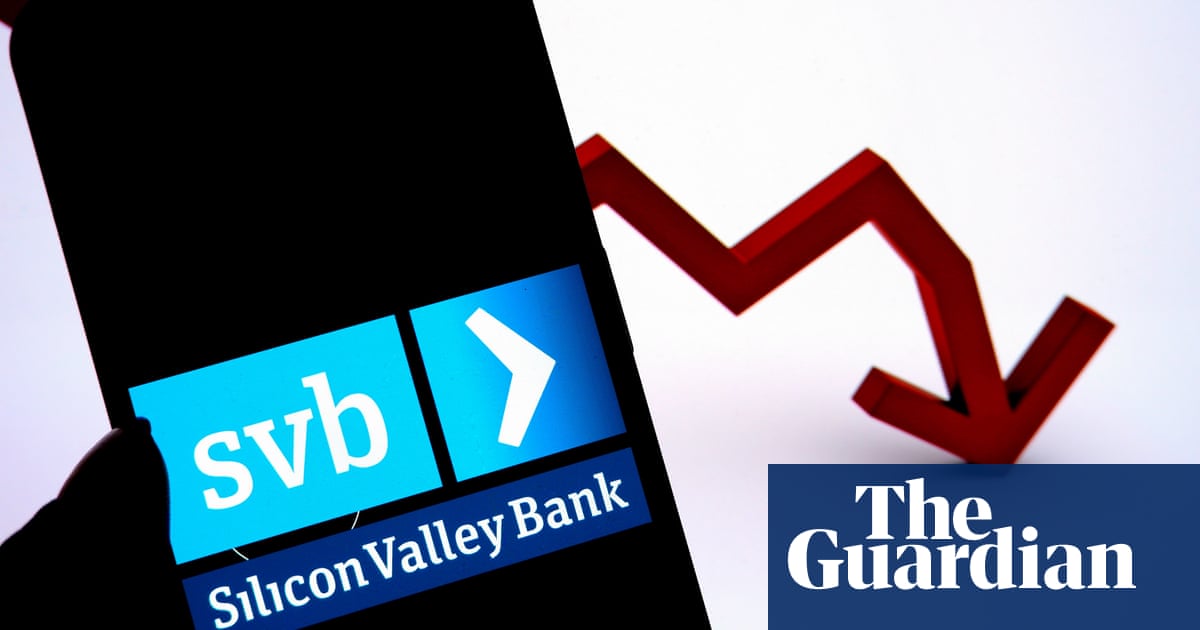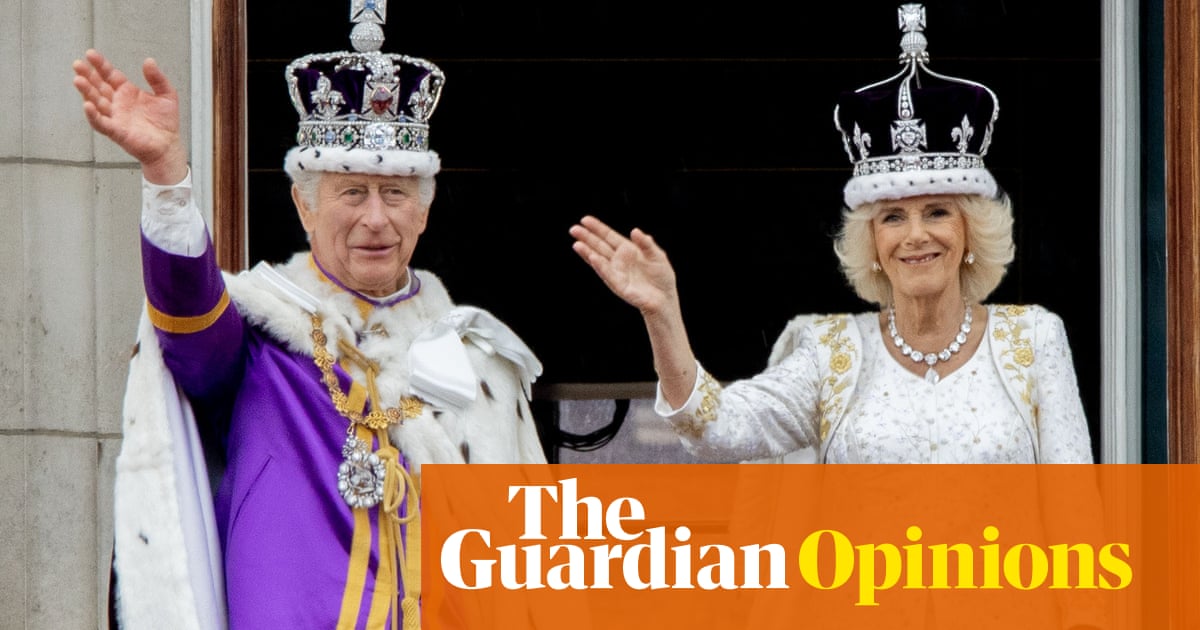
risis reveals character. Under the intense stress test imposed by the coronavirus, Britons are getting an education about themselves and the institutions that define their country. Some of the lessons are cheering, some are worrying and some are disturbing.
Start at the very top. This country still looks to the Queen to be its comforting national figurehead, the anchor point in a sea of uncertainty. The job of monarch is nothing like as risky as that of a frontline health worker, a royal castle is not such a bad place to spend lockdown and she has had seven decades of practice to become pitch-perfect at being the reassuring great-grandmother of the nation. She does it extremely well. The Queen’s “we will meet again” broadcast, invoking wartime solidarity more subtly and authentically than politicians straining to channel Churchill, was watched live by 24 million people.
Most watched it on the BBC. Before the crisis, Auntie was being threatened with a beating by elements of the government. Hoodlums in the Downing Street gang put it about that the BBC was going to be “whacked” and Number 10 ordered a ministerial boycott of the Today programme. That sounds even more puerile now than it did then. The nation has once again turned to the BBC in a crisis as its central source of reliable information. Viewing figures are up by more than a third on this time last year. Most Tories I speak to think that the threat to the corporation from the Johnson regime is much diminished.
The army is another battered national institution that has received a boost. British fondness for a plucky old soldier has expressed itself in the millions in donations raised by Captain Tom Moore, the 99-year-old Second World War veteran doing laps of his garden to raise money for health charities. The modern army, scarred by its humiliations on the battlefields of Afghanistan and Iraq, has not done much recent fighting in foreign fields and had been struggling to justify itself to ministers. So the military were delighted to be asked to help set up the Nightingale emergency hospitals and give logistical support such as transporting oxygen supplies. This has been a reminder of the contribution they can make to battles at home. “The army is good in a crisis,” remarks one senior Tory. “You set them a task and they get on and do it.” That will strengthen the hand of the generals when the postponed strategic defence review considers allocating future resources.
Of all the institutions being stress tested by this crisis, the NHS wears the brightest halo. The former Tory chancellor Nigel Lawson once remarked, with a whiff of derision, that “the NHS is the closest thing the English people have to a religion”. Faith in it and worship of it, expressed by the weekly street congregations to clap for carers, have become more passionate. On his release from hospital, and after thanking the doctors and nurses who saved his life, Boris Johnson called the NHS “the beating heart of this country... the best of this country”.
A cold-eyed assessment of the health service’s performance would be less poetic. Some of its achievements have been hugely impressive. So much so that even Labour politicians, whose usual default is to say that the NHS has been wrecked by years of Tory underspending, are full of praise. Hospitals have reorganised themselves with remarkable speed to deal with this novel enemy. The dedication of the staff has been awesome. Bureaucracy was swiftly swept aside to allow retired health workers to return to the service. In other respects, the NHS is not always flattered by international comparisons. Chris Whitty, the chief medical officer, has openly acknowledged that Britain has things to learn from Germany. The health service is still struggling to muster adequate supplies of key equipment and ramp up testing to the levels required. But even where it is judged to have underperformed, the public is not going to blame the service and its staff. That will be laid at the door of political mismanagement, bureaucratic bungling and lack of resources.
I make one confident prediction about the health service - it can expect to be a big winner of future spending rounds. Mr Johnson has told the nation that he owes his life to the NHS. For so long as he is prime minister, it will be pretty much impossible for his government to refuse the health service almost anything that it asks for.
The Bank of England and the Treasury, both applying critical lessons learned during the financial crisis, took quick and decisive action to try to contain the damage done to the economy. The stock of Rishi Sunak, an assured public performer who exhibits some flair as a phrase-maker, has so soared that many colleagues have marked up the chancellor as the next Tory leader. That observation comes with a big but. “This is the easy bit for him when he can be the cavalry riding to the rescue,” comments one Tory colleague. “The hard part comes later when Rishi has to find the money to pay for all his emergency measures.”
The crisis has found other institutions wanting. We have been reminded of the perils of concentrating a huge amount of power among a tiny number of people at Number 10. Early mistakes came about because the prime minister and his circle were captured by assumptions about the disease and the public that proved to be wrong. They were slow to announce a lockdown in part because Number 10 faultily assumed that many Britons would disobey. “We had that weird period when Boris was telling people not to go to the pub, but letting the pubs stay open,” observes one former cabinet minister. “This is because the people around Boris at Number 10 are in the small minority of this country who are natural hooligans, people who won’t be told what to do.”
A cabinet with more experience and confidence might have challenged the Number 10 view. But this cabinet was appointed not to question the prime minister, but to be supplicants to him. “Boris’s problem is that he appointed a cabinet of yes-men,” says one senior Tory. This is not quite right because he also appointed some yes-women. Dominic Raab has not made any evident errors during his period as a facsimile prime minister, but then again he has not been empowered to make any big decisions either. The crisis has underlined the dangers of having a very dominant prime minister surrounded by a weak and neophyte cabinet.
At the height of a national emergency without any modern precedent, many of the necessary checks and balances on government are not functioning. Even before parliament was shut down at the end of March, it was not impressive as an invigilator of the executive. The science select committee and the health committee have done useful work gathering evidence. The former health secretary Jeremy Hunt is among the select minority of MPs who have distinguished themselves by getting on the government’s case about the sluggish pace of some of its responses. Parliament as a collective hasn’t had much influence on the course of events. The prime minister has simply ignored the Commons. Whereas Tony Blair felt obliged to regularly explain himself to MPs during the Iraq war, and Gordon Brown did the same during the financial crisis, Mr Johnson has not once made a full statement direct to the Commons about the coronavirus crisis. He ought to do so as soon as his health permits.
Parliament will return to work this week in a hybrid form, with up to 50 MPs present in the chamber and another 120 able to contribute remotely at any one time. There are grounds for being sceptical about whether an e-parliament will be very effective at holding the government to account. As we’ve seen from the video news conferences mounted by Number 10, the format makes it much easier for ministers to bat away questions they don’t want to answer. Let’s hope MPs can make it work and that the resumed parliament is virtual only in the technical sense. Ministers have taken extraordinary powers to control people’s lives and that requires constant scrutiny. We also need more ministerial explanation and accountability for the choices they are making.
Every crisis is an opportunity. From the NHS to the monarch, the BBC to the army, several of our institutions are reminding the nation why they are essential to Britain. The challenge before parliament, which is supposed to be the beating heart of our democracy, is to demonstrate that it can do the same.












